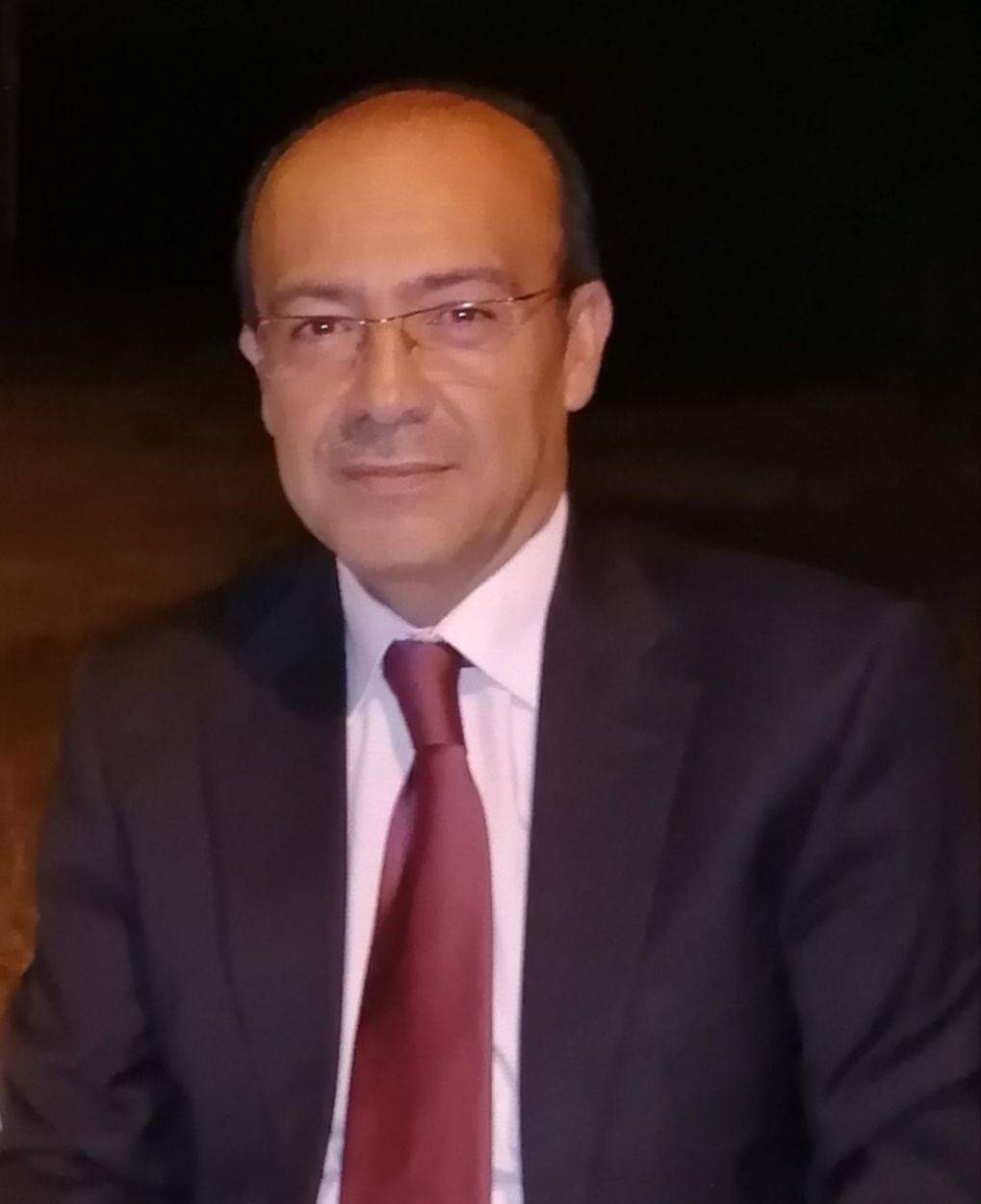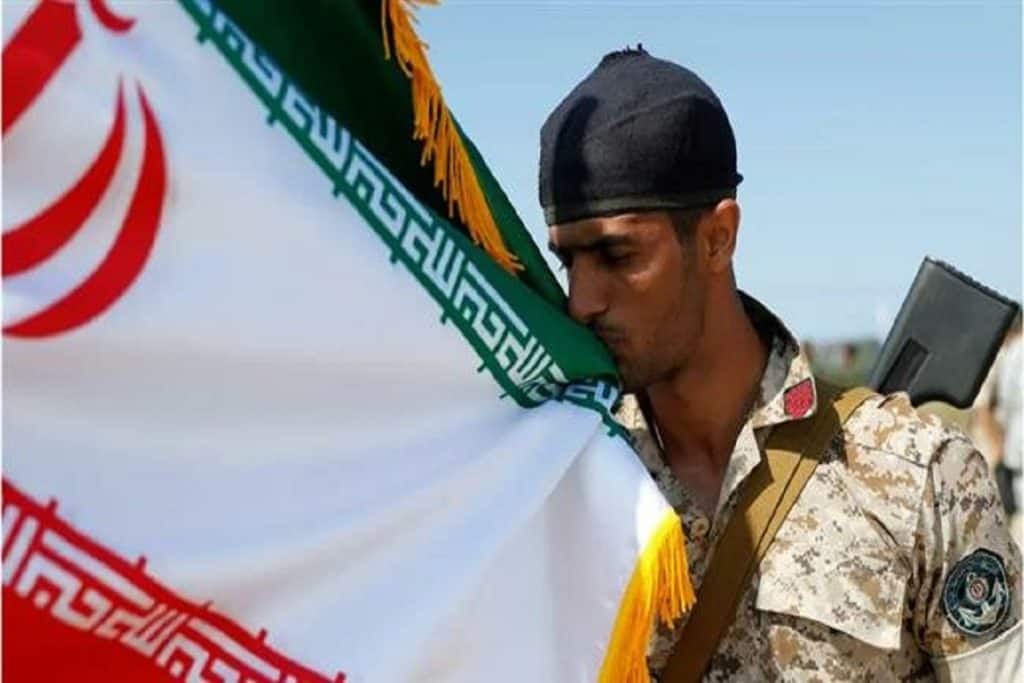Tensions between Iran and the United States continue to be the main problem of the modern regional security system. The parties to the conflict do not intend to give up their positions, bringing the confrontation to the threat of an armed conflict. At the same time, the White House administration and Tehran still demonstrate the possibility of organizing the negotiation process in order to mitigate the existing crisis in relations with each other. The only problem is that the negotiation process should not be interrupted by a series of provocative actions by various members of the international community interested in exacerbating the conflict.
Specifically, “World Geostrategic Insights” we talked about this with a Jordanian political expert and analyst on international relations and Iranian affairs at the University of Mutah,

1. In the near future, direct negotiations between US President Donald Trump and Iranian President Hassan Rouhani may take place. At least, French President Emanuel Macron has publicly confirmed the Iranian leader’s readiness for negotiations. In turn, Tehran’s readiness for negotiations is also evidenced by the recent participation of Iranian Foreign Minister Mohammed Javad Zarif at the G-7 summit at the invitation of the French side. At the same time, a meeting between Rouhani and Trump is possible with the approval of the supreme leader of Iran, Ali Khamenei. In this case, how likely is it that Ali Khamenei will agree to negotiations with the head of the White House? After all, as noted, the Supreme Leader of Iran is not eager to organize a meeting with Donald Trump, and Tehran has repeatedly stressed on the international scene that a negotiation process with the United States in any format is impossible until the White House administration lifts all sanctions imposed on to Iran. If even the meeting between Donald Trump and Hassan Rouhani takes place, will this be evidence of the de-escalation of the US-Iran conflict? Can it be argued that the confrontation between Tehran and Washington could lead to a series of irreversible geopolitical consequences that are negative for the entire Middle East? (I mean a full-blown military conflict, first of all)?
– French President Emmanuel Macron emphasized during the G-7 summit the mediating role of the European Union in the crisis between the US and Iran. This role reflects the position and diplomatic efforts of the European Union in reducing tension and escalation, as well as bringing the Iranian-American views to the same denominator. In this regard, the position of France is an ideal investment in diplomatic tools, especially in its proposals to expand the range of issues that make up the elements of the current crisis: whether it be a nuclear file, or Iranian weapons programs, or Iran’s support for armed militias in the hotbeds of conflict in neighboring countries.
Therefore, French diplomacy in support of this summit continued to pay closer attention to the Iranian matter as a result of its significant influence on the interests and stability of the entire international community. This policy is due to the fact that the countries of the European Union are partners in a nuclear agreement and have huge interests in large projects in Iran.
President Macron’s appeal to President Trump to meet with President Rouhani is an initiative that will change the characteristics of the current crisis, especially after this appeal is accepted by both sides. However, organizing an American-Iranian meeting is an extremely difficult task, as it faces challenges from the Iranian position, intersecting between the conservative trend presented by Supreme Leader Ali Khamenei and the reformist trend presented by Iranian President Hassan Rouhani, as well as the positions of US politicians at this meeting, as well rejected by Israel.
From the very beginning of the crisis, the US administration tried to force Iran to reconsider the fact that Barack Obama signed a nuclear agreement that did not protect the interests of the United States and the security of Israel, because the agreement did not concern the Iranian program of ballistic missiles and the development of long-range missiles that threaten security and the interests of the allies in the country.
Thus, Donald Trump’s withdrawal from the agreement was an attempt to limit the Iranian regime’s efforts to acquire modern nuclear weapons and long-range missiles, in addition to restricting and changing Iran’s behavior when it directly intervenes in various sides of the conflict in the world.
Returning to the meeting with President Trump and President Rouhani, it is worth noting that this is part of the accumulation of diplomatic efforts by the European Union to neutralize tensions and open the way for the parties to come closer in their views on the breakthrough.
Therefore, this is a very important shift in the political paths between the parties to the crisis. If the parties can agree among themselves on the minor details of the negotiations, this will become a ray of light at the end of the tunnel. In addition, this can provide the beginning of an agreement on joint work on mechanisms for finding mutually beneficial solutions.
Regarding the impact on the conflict of a number of political measures and economic sanctions, the United States, despite its militaristic rhetoric, is doing everything to prevent this conflict from leading to a direct military conflict. In this regard, a full-blown US-Iranian war is out of the question.
The US strategy is based on tougher economic sanctions on the Ayatollah regime and does not imply direct military attacks on Iran. In any case, it is fashionable here to say that Washington is not ready to strike at Iranian targets on its own. But this does not exclude that the White House administration is not ready to motivate its international partners (Israel, first of all) to begin military operations against Iran.
The key in the relations crisis between the countries is the deep shift in the weakening of the US ability to withstand Iran’s insistence on most of its political positions and the readiness of the ayatollah regime to evade diplomacy in the face of successive events and periods of crisis.
2. In Iran, an Iranian translator was recently arrested and charged with espionage. In particular, according to German sources, the arrested citizen handed over 18 secret documents to Tehran. Does this fact indicate that Germany, despite the recent visit of German Foreign Minister Heiko Maas to Tehran, does not intend to contribute to the Ayatollah’s regime in normalizing dialogue with Europe? Is it possible to claim that the arrest of the Iranian translator was provoked by Washington?
– The problem of the Iranian spy, who was arrested by German authorities, arose within the framework of security agreements between different EU countries and cannot be regarded as an event or a variable that underestimates the depth of Iranian-German relations and is rooted in various areas. Germany is making efforts to maintain the Iranian nuclear agreement, easing tensions between all parties.
At the same time, Germany as a part of Europe, which depends on Iranian oil, does not intend to go in the wake of American policy in that part that relates to opposing the Ayatollah regime. In the end, the aggravation of relations with Iran is fraught for Germany with the onset of a deep energy crisis, which the German politicians absolutely do not need. Therefore, there is no implication in the arrest of the Iranian translator, except that this person really could carry out espionage activities. Only by coincidence, was this translator related to Iran.
3. In a recent statement, the secretary of the Supreme Council of National Security of Iran Ali Shamkhani noted that Iran has a significant set of tools to counter the US, including proxy warfare. Does this mean that the revitalization of the Ansar Allah movement in Yemen, pro-Iranian armed groups in Syria and Iraq, cooperation with Hezbollah can be used by Tehran to exert pressure on the White House administration? What else can Iran do to counter Washington’s policies?
– The fact that the secretary of the Supreme Council of National Security Ali Shamkhani indicated as Iranian means of confrontation is undoubtedly political maneuvers and a statement that is used by most Iranian politicians in all their appeals.
In addition to military capability, Iran has instruments of political and military power capable of confrontation. First of all, this concerns Iran’s nuclear dossier. Second, we can talk about Iran’s ability to use armed groups loyal to it in any confrontation throughout the world to threaten US interests. And finally, one cannot ignore the ability of Tehran to control the Strait of Hormuz and endanger international shipping.
Indeed, the files presented are power tools that should be considered from the point of view of understanding the danger of drawing the region into a confrontation with Iran, because Tehran is not a weak link in this confrontation.
Image Credit: Reuters







